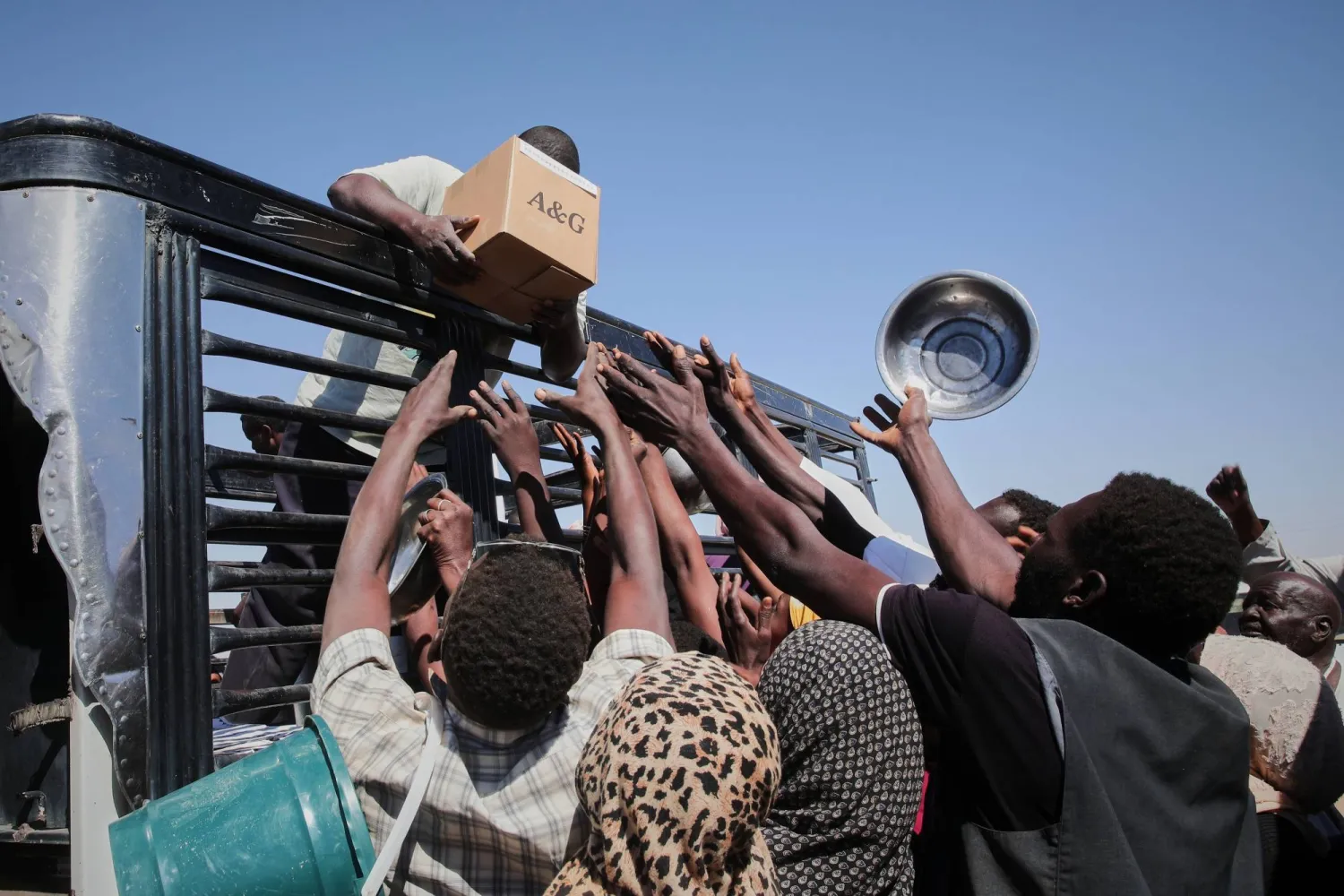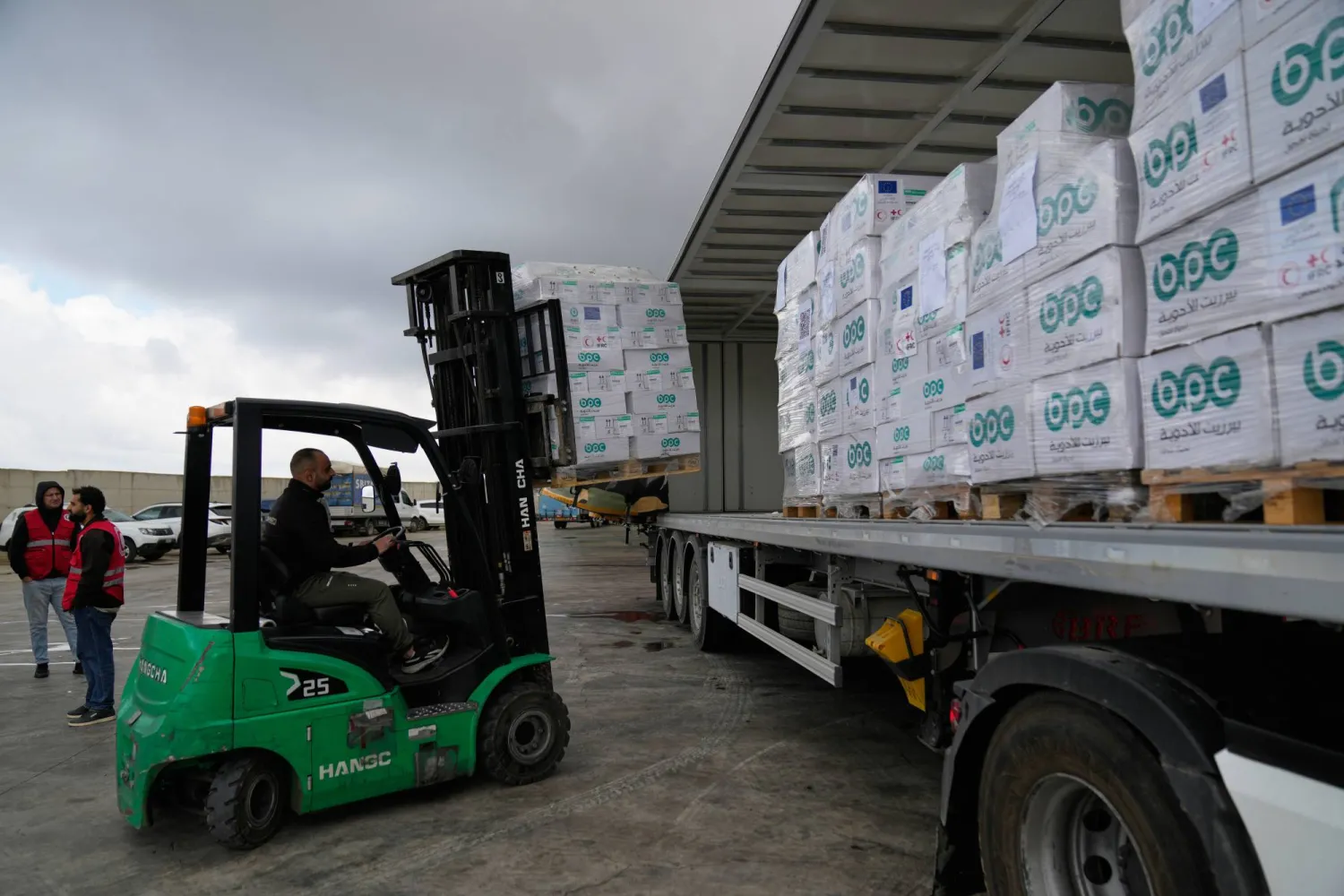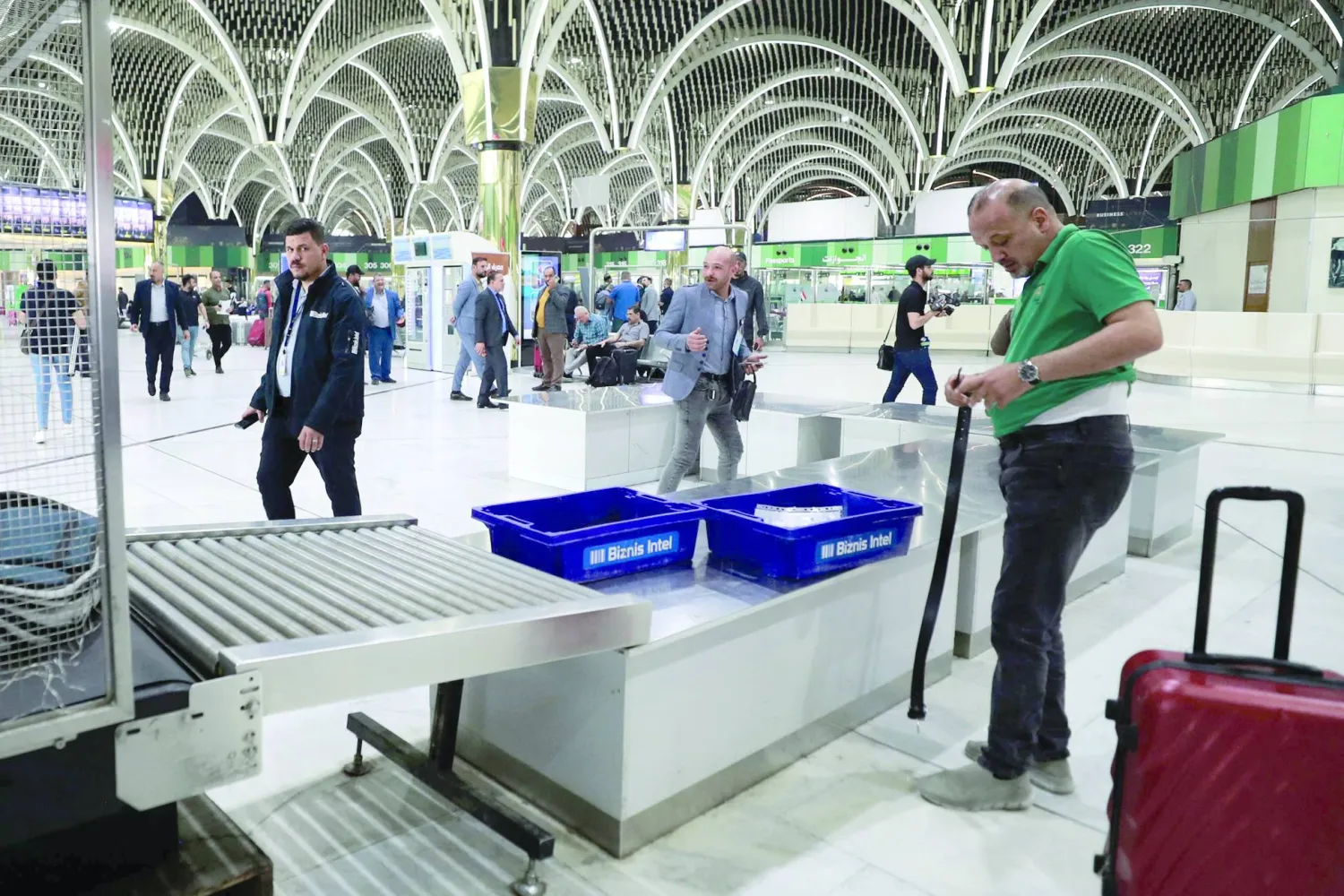A Tunisian parliamentary committee kicked off an investigation with Minister of Industry Youssef Ben Salah over a “suspicious deal” he made to manufacture two million face masks at a factory owned by one of the parliament's members.
Salah apologized before the committee for any mistake he might have made, asserting at the same time that he did nothing wrong in the first place.
According to the constitution, it is illegal to have issues of conflict of interest between members of the parliament and the government.
The case drew criticism for violating the constitution especially that the government, represented by Prime Minister Elyes Fakhfakh and the minister of industry, did not admit that Salah violated the law.
During the session, Salah denied any corruption suspicion regarding the deal, and said he chose the manufacturer for his ability to produce two million masks within two weeks, in light of the urgent government request amid the COVID-19 pandemic.
He asserted that the process in choosing this particular company, owned by an MP, was based on the company’s criteria such as having the ISO accreditation and its ability to save about 70 cents for each mask it makes.
Earlier, the Prime Minister said that the selection of the factory was an effort spent by the minister to search for a facility that secures the manufacture of medical masks, given the “war situation the country is experiencing in the face of the coronavirus pandemic.”
Fakhfakh defended Salah saying he will bear responsibility if corruption is involved.
The parliament’s anti-corruption committee acquitted itself of the “suspicious” medical mask issue by confirming that a quick session was held on April 16th to question Minister Salah and the head of Tunisian Textiles.
The committee said that during the session, the minister explained the reasons for choosing this deal given the urgent need to supply the medical masks.
Meanwhile, opposition leaders accused the government of "whitewashing corruption" and “acting under a conflict of interests.”
Head of the Free Dystopian Party (PDL) Abir Moussi strongly condemned the government's statements that tried to justify the deal, describing it as a permission to break the law, adding that it allows officials to ignore the anti-corruption system.
Moussi affirmed that her party will resort to the judiciary to hold the PM and ministers accountable for violating the law. The party will also appeal to the administrative judiciary to cancel decisions granting public deals contrary to the laws.









